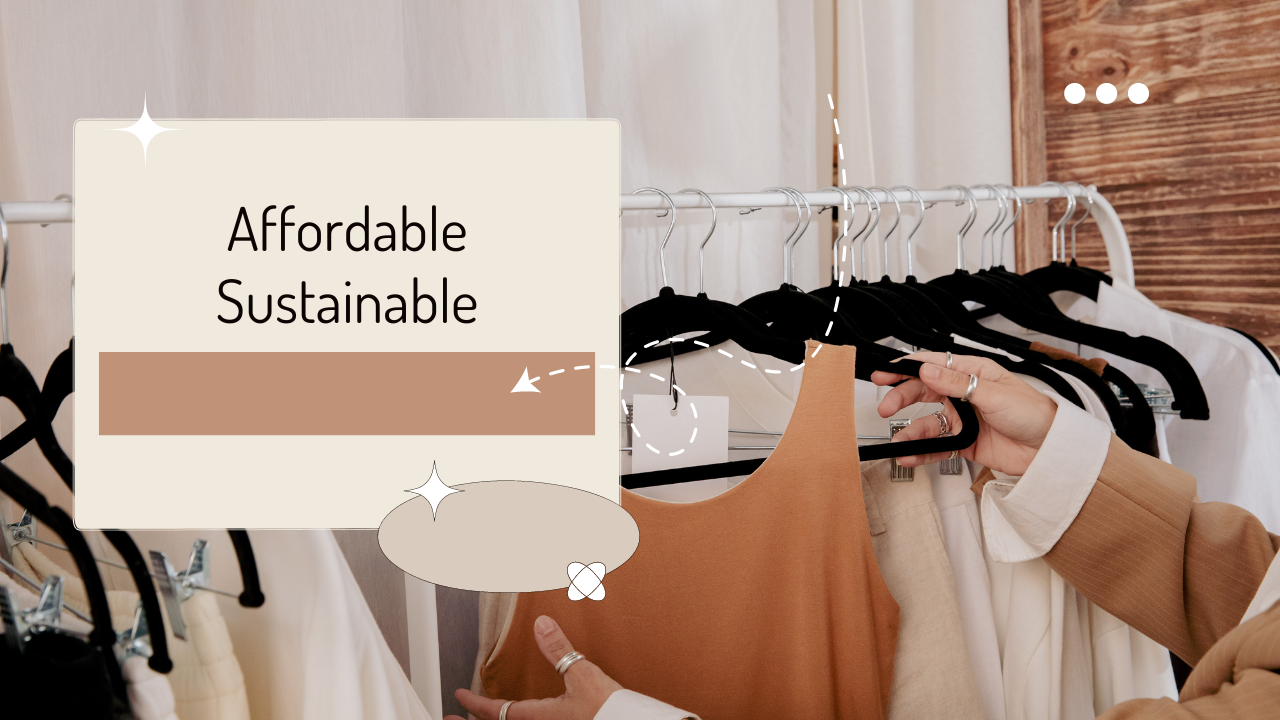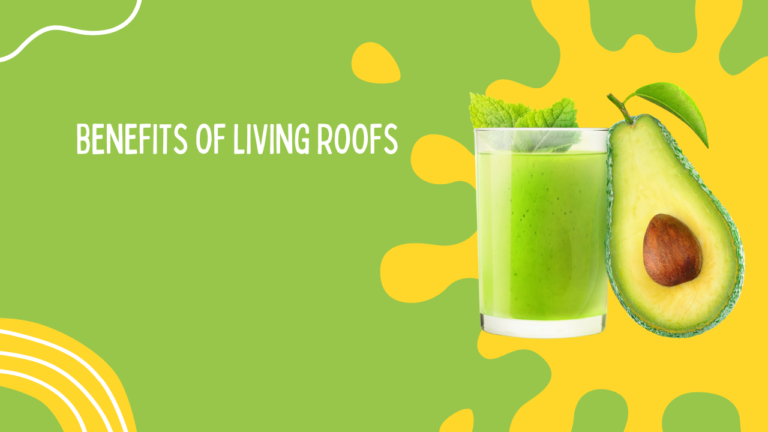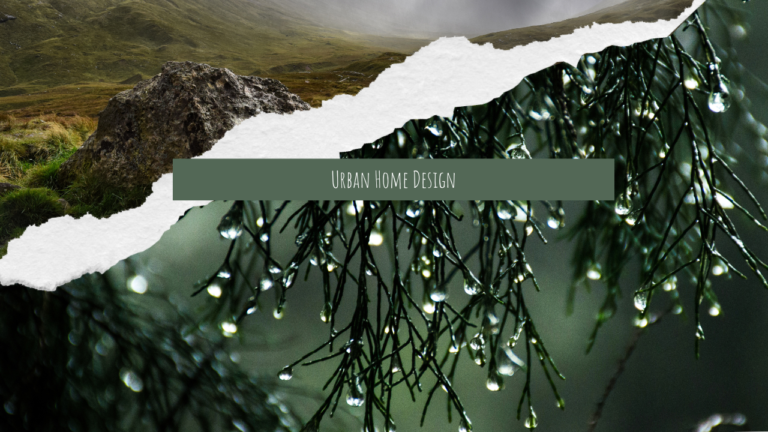Affordable Sustainable Flooring Solutions: A Guide to Eco-Friendly Choices
When it comes to home renovations, flooring is often one of the most significant decisions homeowners make. With increasing awareness about environmental impact, many are turning to affordable sustainable flooring solutions to enhance their homes while reducing their carbon footprint. In this article, we will explore various eco-friendly flooring options, their benefits, and how they can be both cost-effective and environmentally responsible.
Why Choose Sustainable Flooring?
Sustainable flooring is made from materials that have a low environmental impact. These materials are often renewable, recyclable, or reclaimed, and their production processes are designed to minimize waste and energy consumption. By opting for affordable sustainable flooring solutions, homeowners can contribute to a healthier planet while also creating a beautiful, durable, and comfortable living space.
Top Affordable Sustainable Flooring Solutions
1. Bamboo Flooring
Bamboo is one of the most popular affordable sustainable flooring solutions available today. It is a rapidly renewable resource, with some species growing up to 3 feet in just 24 hours. Bamboo flooring is durable, versatile, and can mimic the appearance of traditional hardwood floors. It’s an excellent choice for homeowners who want an eco-friendly option that doesn’t compromise on style.
2. Cork Flooring
Cork flooring is another excellent sustainable option that is both affordable and eco-friendly. Harvested from the bark of cork oak trees, cork is a renewable resource that does not harm the tree during the harvesting process. Cork flooring is soft underfoot, provides excellent thermal and acoustic insulation, and is naturally resistant to mold, mildew, and pests.
3. Reclaimed Wood Flooring
For those who love the look of traditional hardwood floors but want to reduce their environmental impact, reclaimed wood is an ideal choice. Reclaimed wood flooring is made from salvaged wood from old buildings, barns, and factories. This affordable sustainable flooring solution not only reduces waste but also gives your home a unique, rustic charm that’s rich in history.
4. Linoleum Flooring
Linoleum is a classic flooring material that has been used for over a century. Made from natural materials like linseed oil, wood flour, and jute, linoleum is biodegradable and environmentally friendly. It’s also durable, easy to maintain, and available in a wide range of colors and patterns, making it one of the most versatile affordable sustainable flooring solutions.
5. Recycled Carpet
Carpet can also be a sustainable choice if made from recycled materials. Recycled carpet is often made from post-consumer plastics, such as PET bottles. This type of carpet is not only eco-friendly but also affordable and available in various styles and colors. It’s a great option for those looking to add warmth and comfort to their homes without compromising on sustainability.
6. Natural Stone Flooring
Natural stone flooring, such as slate, granite, or limestone, is a durable and long-lasting flooring option. While stone is not renewable, it is a natural material that requires minimal processing, making it a more sustainable choice compared to other non-renewable materials. Stone flooring can be pricier, but its longevity makes it a cost-effective investment in the long run.
7. Concrete Flooring
Concrete flooring is gaining popularity as a sustainable and affordable option, especially in modern and industrial-style homes. When polished or stained, concrete floors can be incredibly stylish and durable. Since concrete is often already present as a subfloor, finishing it as the primary flooring surface can reduce the need for additional materials, making it a more sustainable choice.
Benefits of Affordable Sustainable Flooring Solutions
Choosing affordable sustainable flooring solutions offers numerous benefits:
- Environmental Impact: Sustainable flooring materials reduce the need for non-renewable resources, lower greenhouse gas emissions, and minimize waste.
- Cost-Effectiveness: Many sustainable flooring options are surprisingly affordable, and their durability often leads to cost savings over time due to reduced maintenance and replacement needs.
- Healthier Living Environment: Many eco-friendly flooring options are free from harmful chemicals, such as VOCs (volatile organic compounds), contributing to better indoor air quality and a healthier home.
- Unique Aesthetic Appeal: Sustainable flooring often offers unique and diverse aesthetic options, from the natural beauty of reclaimed wood to the modern appeal of polished concrete.
How to Choose the Right Sustainable Flooring for Your Home
Selecting the best affordable sustainable flooring solutions for your home involves considering several factors:
- Budget: Determine how much you are willing to spend on your flooring project. Some materials, like bamboo and cork, are generally more affordable, while others, like natural stone, may require a higher initial investment.
- Durability: Consider the longevity of the flooring material. While some sustainable options, like reclaimed wood, may have a higher upfront cost, their durability can lead to long-term savings.
- Style and Aesthetics: Choose a flooring material that complements your home’s interior design. Sustainable flooring options come in a wide range of styles, from rustic reclaimed wood to sleek and modern concrete.
- Maintenance: Evaluate the maintenance requirements of each flooring option. Some materials, like cork and bamboo, are low-maintenance, while others, like natural stone, may require regular sealing and care.
- Installation: Consider whether you want to install the flooring yourself or hire a professional. Some sustainable flooring options, like linoleum and cork, are easier to install than others.
Subheading: Common Misconceptions About Affordable Sustainable Flooring Solutions
Despite the growing popularity of affordable sustainable flooring solutions, several misconceptions may deter homeowners from exploring these options.
Myth 1: Sustainable Flooring is Always Expensive
While some sustainable materials, like natural stone, can be costly, many options, such as bamboo, cork, and recycled carpet, are budget-friendly. The long-term savings on maintenance and replacement also make them cost-effective.
Myth 2: Limited Design Choices
Sustainable flooring is available in a wide range of styles, colors, and textures, allowing homeowners to find options that match their aesthetic preferences. Whether you prefer the rustic charm of reclaimed wood or the modern look of polished concrete, there’s a sustainable option for every taste.
Myth 3: Sustainable Flooring is Less Durable
Many sustainable flooring materials are just as durable, if not more so, than traditional options. For example, bamboo and reclaimed wood are known for their strength and longevity, making them excellent choices for high-traffic areas.
Subheading: Final Thoughts on Affordable Sustainable Flooring Solutions
Incorporating affordable sustainable flooring solutions into your home is an effective way to create a stylish, comfortable, and eco-friendly living space. By choosing materials that are environmentally responsible, you not only contribute to the health of the planet but also enjoy the benefits of a durable and unique flooring solution. Whether you are renovating a single room or building a new home, sustainable flooring options offer the perfect blend of affordability, aesthetics, and sustainability.
Frequently Asked Questions (FAQs)
Q1: What is the most affordable sustainable flooring option?
A: Bamboo and cork are among the most affordable sustainable flooring options, offering durability and a variety of styles at a lower cost.
Q2: Can sustainable flooring improve indoor air quality?
A: Yes, many sustainable flooring materials, such as cork and linoleum, are free from harmful chemicals, contributing to better indoor air quality.
Q3: How long does sustainable flooring typically last?
A: The lifespan of sustainable flooring varies by material. For example, reclaimed wood and natural stone can last for decades, while cork and bamboo typically have a lifespan of 20-30 years with proper care.
Q4: Is professional installation necessary for sustainable flooring?
A: It depends on the material. Some flooring options, like cork and linoleum, are easy to install yourself, while others, like natural stone, may require professional installation.
Q5: Are there government incentives for installing sustainable flooring?
A: Some regions offer incentives or rebates for using eco-friendly materials in home renovations. Check with your local government for available programs.





